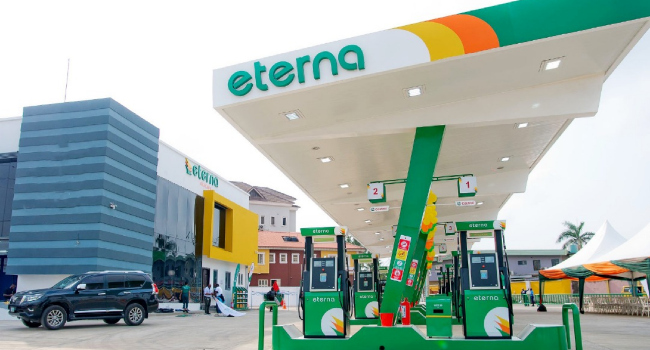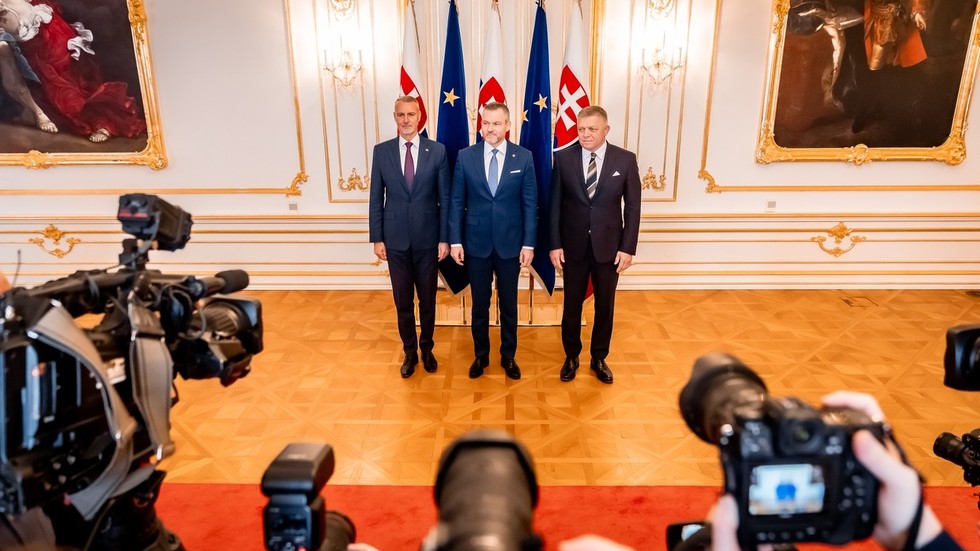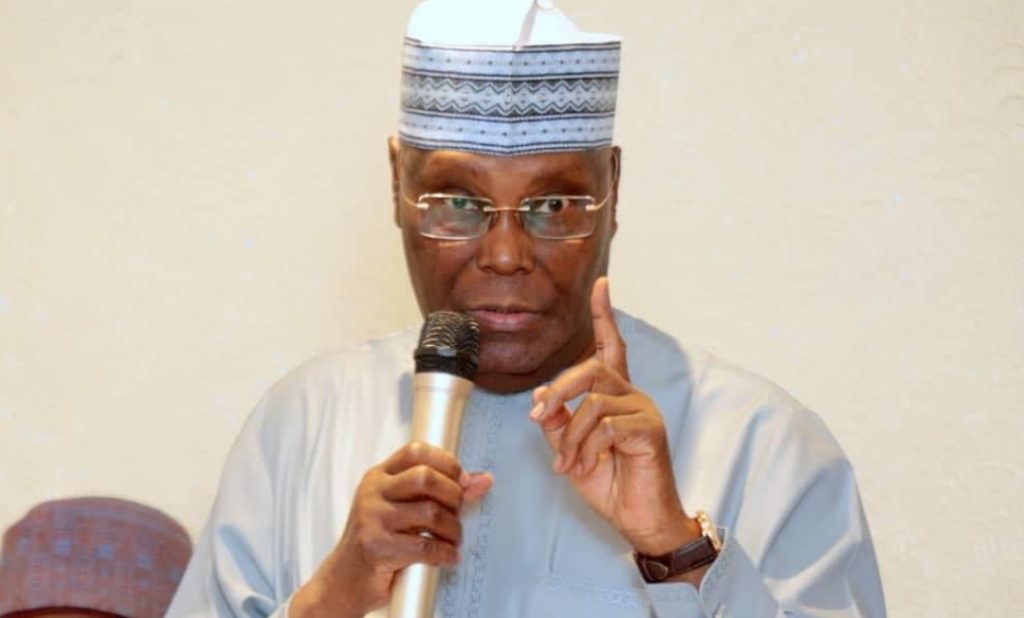Nigeria’s Ministry of Aviation and Aerospace Development is set to allocate a significant portion of its N63.3 billion 2024 budget towards rehabilitating the nation’s deteriorating airport facilities. The proposal represents approximately 37% of the ministry’s total budget.
A breakdown of the budget reveals that N21.0 billion is earmarked for the rehabilitation and repairs of airports and aerodromes, with an additional N2.1 billion allocated for the refurbishment of air navigational equipment. This investment aims to address the critical infrastructure challenges faced by the aviation sector in Nigeria.
President Bola Tinubu presented the ‘Budget for the Renewed Hope’, totaling N27.5 trillion, to the National Assembly, emphasizing its focus on driving economic growth, human capital development, poverty reduction, and security enhancement. The budget also prioritizes initiatives in the education sector, including sustainable models for tertiary education funding and the implementation of a Student Loan Scheme starting in January 2024.
While the proposed budget outlines substantial allocations for various aspects of the aviation ministry, concerns have been raised regarding potential duplications, vague representations, and the absence of itemized breakdowns across ministries, departments, and agencies.
Notably, the budget allocates N39.80 billion to the Ministry of Aviation, with specific funding designated for entities such as the Nigerian Meteorological Agency, the Nigerian College of Aviation Technology in Zaria, and the Nigerian Safety Investigation Bureau. Additionally, allocations are set aside for security equipment, infrastructure development, and operational expenses within the ministry.
In line with the rehabilitation and expansion efforts, the ministry plans to refund N2 billion for the construction of the airport in Birnin Kebbi, as well as allocate funds for the construction of corporate headquarters, staff accommodations, clinics at major international airports, and the development of an Aerospace University in Abuja. New projects include the development of various airstrips, rehabilitation of Osubi airstrip in Delta State, and strategic planning for multiple international airports.
Despite these ambitious plans, the absence of specific provisions for the beleaguered Nigeria Air, a project initiated by a former aviation minister, has drawn attention. Moreover, industry challenges such as high aviation fuel costs, forex scarcity, inflationary pressure, and operational difficulties for domestic and foreign airlines have highlighted the urgency of infrastructure improvements.
Responding to the proposed budgetary figures, Peter Dia of the Aviation Fuel Marketers Association of Nigeria emphasized the need for comprehensive infrastructure upgrades, particularly in access roads and maintenance facilities. He stressed the impact of inadequate infrastructure on operational costs and urged the authorities to prioritize the rehabilitation of critical aviation infrastructure.
As Nigeria endeavors to revitalize its aviation sector, the successful implementation of the proposed budgetary allocations will be pivotal in addressing the longstanding infrastructure deficiencies and supporting the industry’s growth and sustainability.



